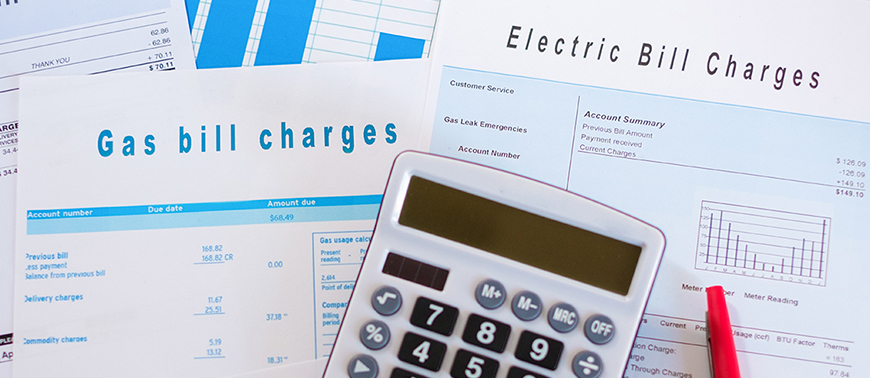
Published: 2024-01-31 by, News Team in the National news category
Energy Bills Surge: British Gas, OVO, EDF, and Octopus Customers to Shoulder £480 Annual Increase
Amidst rising concerns over energy affordability, millions of households across England are bracing for a substantial increase in their energy bills. Leading energy providers including British Gas, OVO, EDF, and Octopus have announced that their customers could face an additional financial burden of up to £480 per year.
This alarming surge in energy costs comes as a direct consequence of the government's failure to meet its home energy efficiency objectives. According to a recent study, if current trends persist, a staggering number of households could find themselves trapped in fuel poverty by the end of the decade.
National Energy Action (NEA) has sounded the alarm, warning that an estimated 3 million households in England alone may still be grappling with fuel poverty by 2030, mirroring the current dire situation. The prospect of millions of households enduring cold, damp, and unhealthy living conditions underscores the urgent need for swift and decisive action.
NEA's Chief Executive, Adam Scorer, emphasized the severity of the situation, stating, "Three million households left cold, damp, and unhealthy. Governments risk missing their legal targets, but those living in fuel poverty are at risk of so much more." This sentiment was echoed by Angus Brendan MacNeil, Chair of the Energy Security and Net Zero Committee, who described the report as a "wake-up call" for the government.
MacNeil highlighted the disproportionate impact of the energy crisis on the most vulnerable members of society, with millions of low-income households bearing the brunt of the crisis due to the inadequate energy efficiency of their homes. The urgency to address this pressing issue cannot be overstated, as households struggle to cope with the relentless rise in energy prices.
Caroline Flint, leader of the Committee on Fuel Poverty, emphasized the need for proactive measures to shield vulnerable individuals from the harsh realities of escalating energy costs. "While we cannot control global energy prices, we can and must insulate vulnerable people from current and future energy shocks by investing in our housing stock," she stressed.
Flint underscored the importance of updating and enhancing strategies for combating fuel poverty, calling for a more ambitious approach to address the underlying causes of energy insecurity. By prioritizing investment in energy-efficient housing and implementing targeted interventions, policymakers can mitigate the impact of rising energy costs and safeguard the well-being of those most at risk.
In the face of mounting challenges, it is imperative for governments and energy providers to collaborate effectively to alleviate the burden of fuel poverty and ensure access to affordable and sustainable energy for all. Only through concerted efforts and meaningful interventions can we build a more resilient and equitable energy future for communities across the country.
Back To Main News & Articles List...
KEEP YOUR FINGER ON THE PULSE!
Experience the heartbeat of Chiswick like never before! Join our weekly Chiswick Newsletter and immerse yourself in a weekly dose of deals, happenings, exciting events, exclusive news, reviews, articles and local Chiswick updates.
SUBSCRIBE TO THE CHISWICK NEWSLETTER NOW